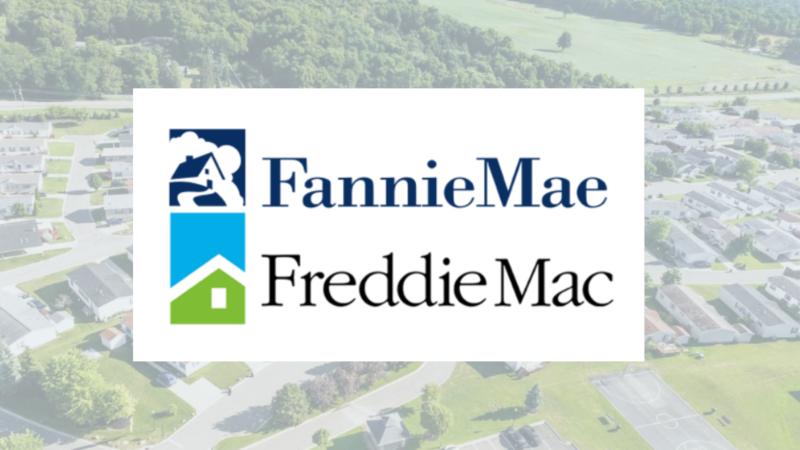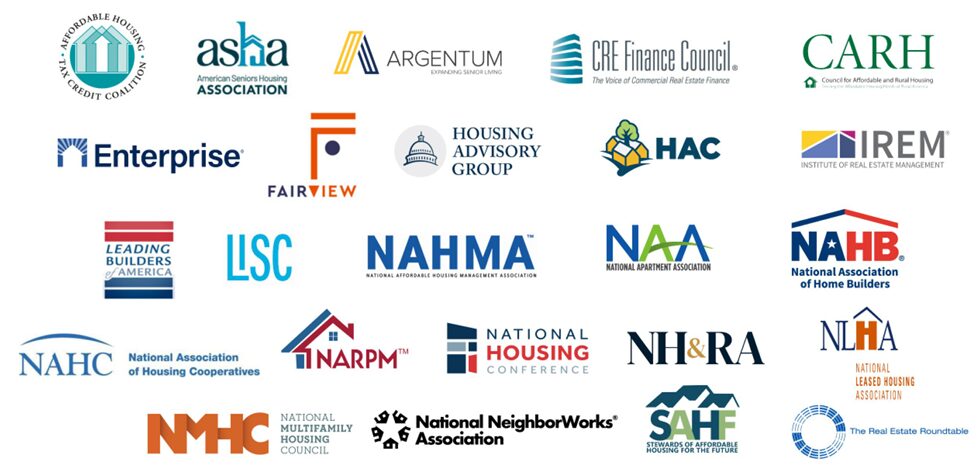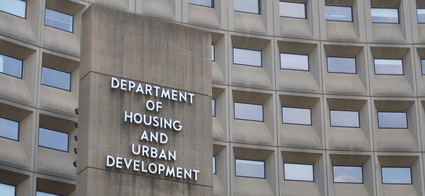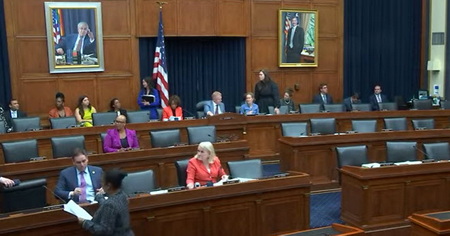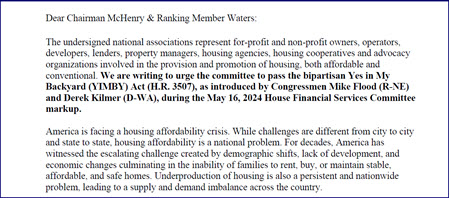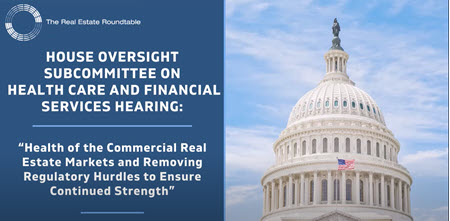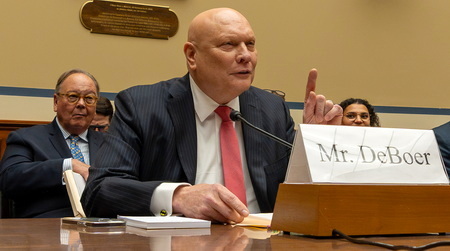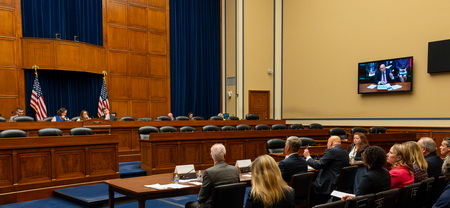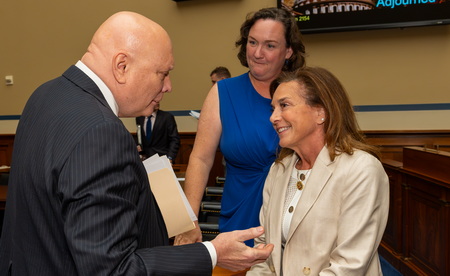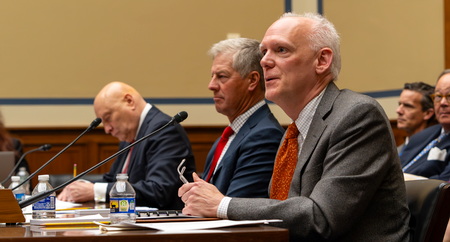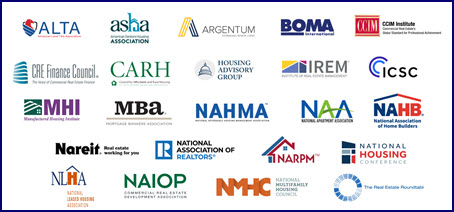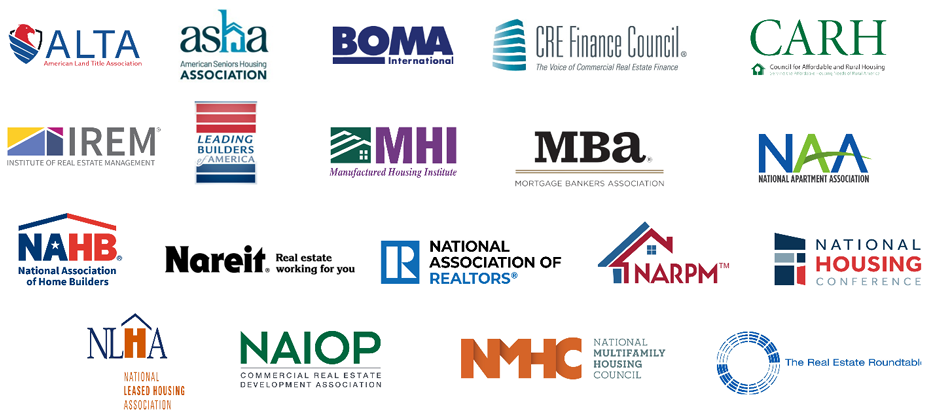
On Monday, a coalition of national real estate associations, including The Real Estate Roundtable, wrote to President Biden expressing strong opposition to recently proposed nationwide rent control measures. (Letter)
Key Points
- Last week, the White House announced a nationwide rent control plan that aims to cap rent increases at 5%. Owners of rental housing would only be able to take advantage of depreciation write-offs if they limit annual rent increases to no more than 5%, effectively trading depreciation deductions for price controls. (Roundtable Weekly, July 19)
- Negative impacts of rent control: Rent control consistently leads to instability in the housing market and reduced supply, undermining efforts to foster a healthy and equitable housing environment.
- Economic consensus: Economists across the political spectrum widely agree that rent control is a discredited policy. Jason Furman, the former Obama administration’s top White House economist, asserts that rent control would worsen housing supply issues instead of solving them.
- Disincentive for investment: Rent control discourages necessary housing investments, particularly in areas with limited affordable options. It disproportionately benefits higher-income renters, impeding access for lower-income households.
Coalition Recommendations
- Increase housing subsidies: Instead of imposing rent control, the coalition urges the administration to increase subsidies for those in need and to work with housing providers on solutions that expand the affordable housing supply.
- Support proven solutions: The coalition advocates for enhancing federal programs such as the Low-Income Housing Tax Credit (LIHTC) and Section 8, which have been effective in creating and preserving affordable housing units.
Industry Testimony

- On Wednesday, the House Financial Services Committee Subcommittee on Housing and Insurance held a hearing, “Housing Solutions: Cutting Through Government Red Tape” to discuss the nation’s housing affordability crisis and burdensome federal government reviews and permitting processes.
- The committee heard testimony from Carl Harris (Chairman, National Association of Home Builders (NAHB) and James H. Schloemer (Chair, National Multifamily Housing Council (NMHC) who testified on the rent cap proposal and the federal push to mandate costly and restrictive national energy codes.
- NMHC Chair Schloemer stated in his testimony, “Decades of research shows that rent regulation devastates rental housing quality and harms affordability. The Biden administration proposal to cap rents will not add a single new unit of housing, and, in fact worsens housing availability and quality.”
- Hastening the permit approval process must be a critical part of any policy legislation aimed at increasing the supply of affordable housing. (NYT, July 8)
The Roundtable and the coalition will continue to educate policymakers about and push back against flawed rent control policies while advocating for bipartisan solutions to boost supply and affordability.


